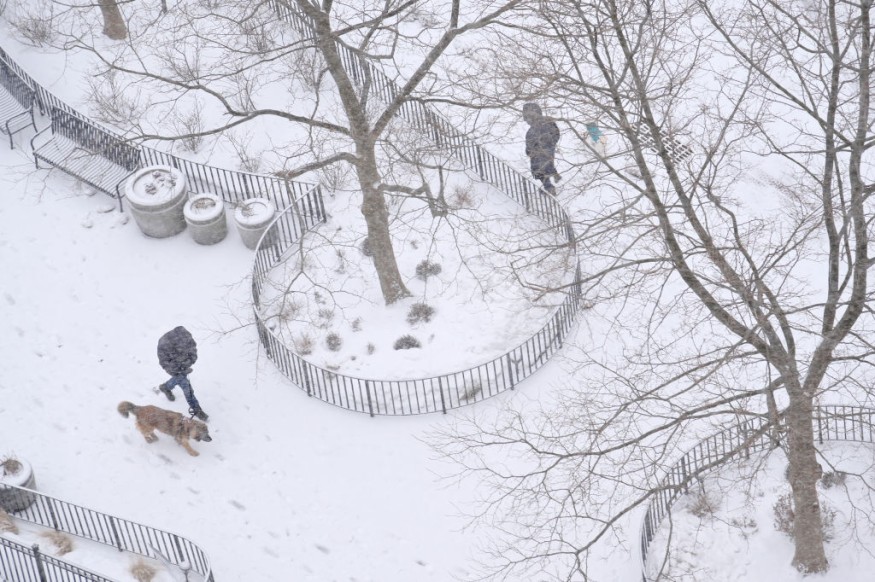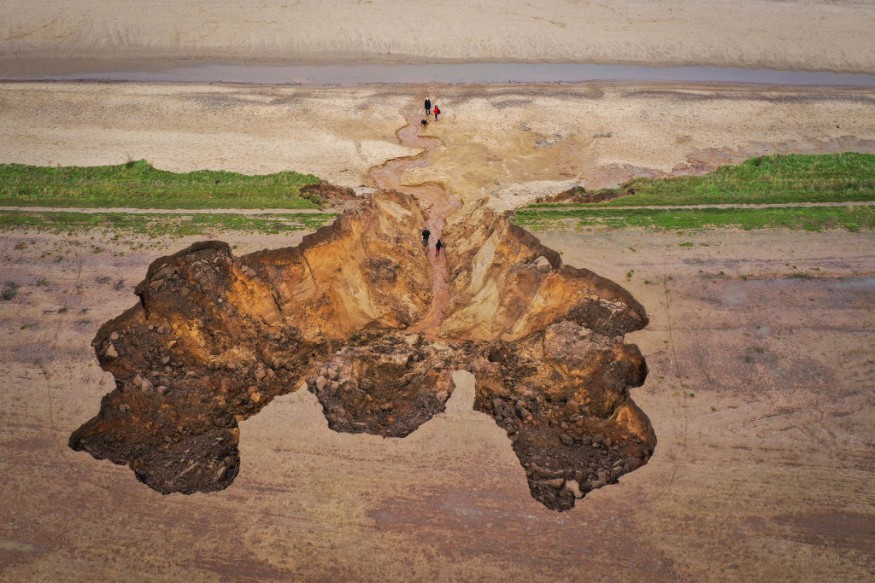In the future, the blackouts that shut down much of Texas for most of this week could hit other areas of the country.
In a world where many consumers rely on electrical heat, the power outages continued for days, causing widespread suffering and records of fatalities.

Yet experts in the area, regulators in other states, and the Federal Energy Regulatory Commission chairman have said that there are similar national preparedness concerns linked to climate change-related extreme weather events.
Related Article: Study: After Arctic Winds, 'Arctic Warming' Could Happen Next in Southern US
FERC
"There will be a next time. Climate change is unfortunately already having a dramatic effect on our weather," Richard Glick, FERC's new chairman, said at the monthly meeting of the agency on Thursday. "The challenges that climate change poses for the grid are only going to grow starker and more immediate."
This week, Texas power plants were not equipped to cope with the historic cold temperatures that cut off the natural gas supply and shut down several unwinterized wind turbines. While utilities are more fit for cold weather in the northern United States than Texas, they have their own vulnerabilities to heat waves and other severe weather conditions that are expected to become more frequent, Michael Webber, an energy management professor at the University of Texas at Austin, said.
Climate Change
"With climate change, we'll have more intense and frequent weather events," he said. "Texas has to prepare for more frequent and intense freezes, and New York has to prepare for more frequent and intense heat waves."

Texas is somewhat distinctive because it has its own power infrastructure, apart from the two main grids supplying the remainder of the continental United States. As a result, when the hurricane interrupted service, Texas was not able to connect to nearby states.
Still, having several states on a larger grid connected together will not avoid power issues caused by severe weather.
Although the outages in Texas were the most extreme, with as much as 4.5 million customers losing electricity, as a result of the storm, about 400,000 customers in Louisiana and Oklahoma were without power, even though those states are connected to the national grid.
And it's not about the cold that threatens us. The heat wave and forest fires of last summer in California sparked a series of rolling blackouts. Research carried out by the authorities found that the grid could not satisfy the increased demand for energy caused by climate change.
To strengthen the infrastructure and make it more resilient, company leaders state they are now investing billions.
There is value against all challenges in maintaining a robust, reinforced infrastructure. Large-scale outages such as Texas, Hurricane Katrina, and Superstorm Sandy not only highlighted the need to harden against weather effects but also that we are hypercritical to customers we represent, "There is value in ensuring a resilient, hardened infrastructure against all threats. Large scale outages like Texas, Hurricane Katrina, and Superstorm Sandy, not only did they highlight the need to harden against weather impacts, but also that we are hypercritical to customers we serve," "There is an expectation that if we can't prevent events from happening, we have to be able to recover as quickly as possible."
Preparedness
More needs to be done to brace for extreme weather events worldwide, said Daniel Cohan, a civil and environmental engineering professor at Houston's Rice University.
Warnings such as these have in the past gone unheeded. That includes FERC guidelines on the need for greater winterization of the Texas grid after less extreme blackouts were triggered by a cold snap in 2011.
ALSO READ: "Freeze-off": Texas Intense Snowstorm Froze Power Supplies
For the climate and weather updates, don't forget to follow Nature World News!
© 2026 NatureWorldNews.com All rights reserved. Do not reproduce without permission.





